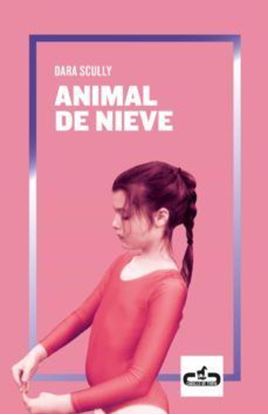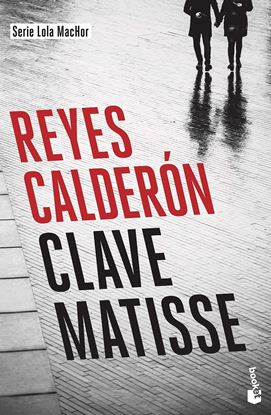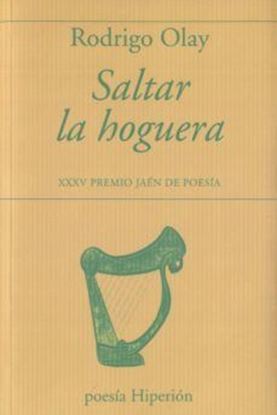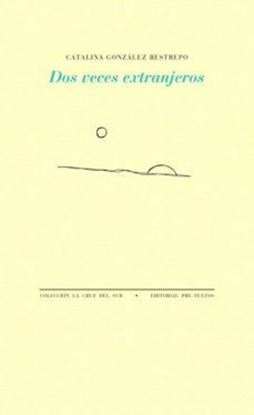

ANIMAL DE NIEVE (OF2)
Dara Scully nos transporta con Animal de nieve a un lugar aislado y frío donde la directora de un internado femenino impone una férrea disciplina en las alumnas, hasta que la llegada de un nuevo profesor hace que una ellas rompa el molde y reclame su propia existencia. «Las alumnas especulaban. Un hombre había penetrado en sus dominios, en su colegio de paredes de piedra, de entramados de flores en los jardines. ¿Acaso se aventuraban a decirlo? ¿Era tal vez un maestro? ¿Se atrevería Miss Bell a dejar que un hombre enseñara a las muchachas?» Animal de nieve es la segunda novela de la fotógrafa Dara Scully, cuyo arte ha conseguido enredar a sus miles de seguidores en un mundo de cuerpos mágicos, escenas hipnóticas y animales heridos. Precisamente todas esas cosas son las que componen el universo de este libro, con una historia unas veces deliciosa y otras claustrofóbica sobre un internado para niñas regentado por una misteriosa directora. De entre todas las alumnas, Angélica se sabe diferente al resto. Tal vez sea su ímpetu, o su curiosidad, tal vez sean sus nervios, o sus ansias de belleza, pero ella reconoce que ese colegio es demasiado sombrío. Que necesita salir de allí y ser libre. Será tras la llegada al colegio de Frédéric, el nuevo profesor de música, cuando todos esos sentimientos terminen por estallar en su corazón. Él es un hombre que ha visto más allá de los muros del internado y que, pese a todo, se enfrenta a los mismos fantasmas que las chicas. Animal de nieve es una novela lírica, sobrecogedora, que sigue la estela de la literatura de Fleur Jaeggy, Herta Müller o Marguerite Duras, y cuyas protagonistas recuerdan también a las nínfulas del arte de Virginia Mori o Sally Man.
300
225
CLAVE MATISSE (BOL) (OF1)
La juez Lola MacHor y su marido Jaime, médico investigador del CSIC, llevan más de treinta años juntos. Una noche, Jaime invita a cenar a dos amigos, JJ, un médico americano, y a Rafael Scott, asesor de un senador de Texas de origen argentino. Ambos han trabajado duro para conseguir que el prestigioso premio Wolf a la investigación médica recaiga este año en Jaime. Durante la cena, en la que Lola luce una pulsera que había pertenecido a su suegra, JJ muestra vivo interés por la joya y también por un cuadro, regalo de los padres de Jaime y que según ellos es una horrible copia de un Matisse. La pulsera desaparece después de la cena y el cuadro unos días después, cuando se produce un robo en casa de la familia. A dos voces, desde la perspectiva de Lola y por primera vez, dando voz a Jaime, acompañaremos a la pareja en una investigación que en esta ocasión involucra directamente a la juez y a su familia. Clave Matisse es un thriller absorbente que ahonda en temas como la confianza, las relaciones de pareja y las difíciles fronteras entre la mentira, la verdad y el dolor.
300
225
MELOCOTONES HELADOS (BOL) (OF1)
Premio Planeta 1999, esta novela cuenta la historia de Elsa, una joven pintora que se ve obligada a abandonar su casa ante unas amenazas de muerte de las que desconoce la razón, u marcharse a otra ciudad a vivir con su abuelo.
300
225
EL BELLO MUNDO (OF2)
Francisco Javier Navarro Prieto (Tomelloso, 1994) es graduado en filosofía por la Universidad Complutense de Madrid. Además, ha disfrutado de la beca Santander Iberoamérica con la que ha tenido la oportunidad de estudiar filosofía en la Universidad Nacional Autónoma de México. Actualmente estudia el grado de Literatura general y Comparada en la Universidad de Granada, donde ha obtenido diversos premios literarios. El bello mundo, ganador de la XXII edición del Premio de Poesía Joven Antonio Carvajal, es su primer libro publicado.
300
225
SALTAR LA HOGUERA (OF2)
Saltar la hoguera se inserta ya de forma plena en la senda del intimismo despojado y la contención expresiva que La víspera nos permitía intuir. Consciente más que nunca de que un poema no es lo mismo que la realidad, pero también de que, a cambio de esa certeza, la lectura nos devuelve todo aquello que merece la pena preservarse.
300
225
DOS VECES EXTRANJEROS (OF2)
COMO quien debe recorrer
muchos kilómetros
para cumplir un conjuro,
llevo las semillas
de la selva lacandona
al Viejo Mundo
y las pierdo allí.
En el viaje tenemos la sensación
de que todo está por hacerse,
que podemos ser otros,
que el deseo no ha muerto.
Vamos de un país a otro
sin volver a casa
y sentimos que somos
dos veces extranjeros.
300
225














